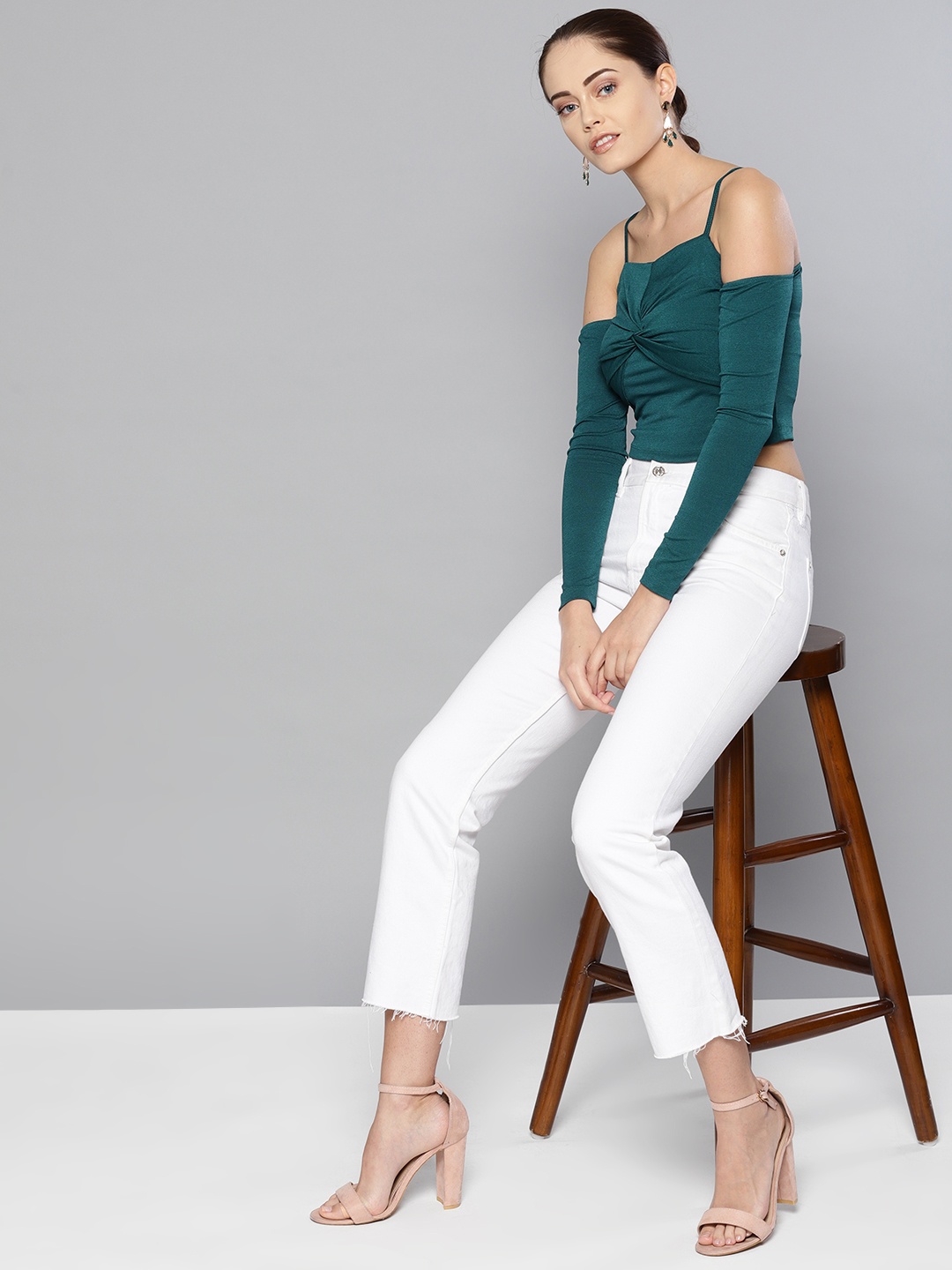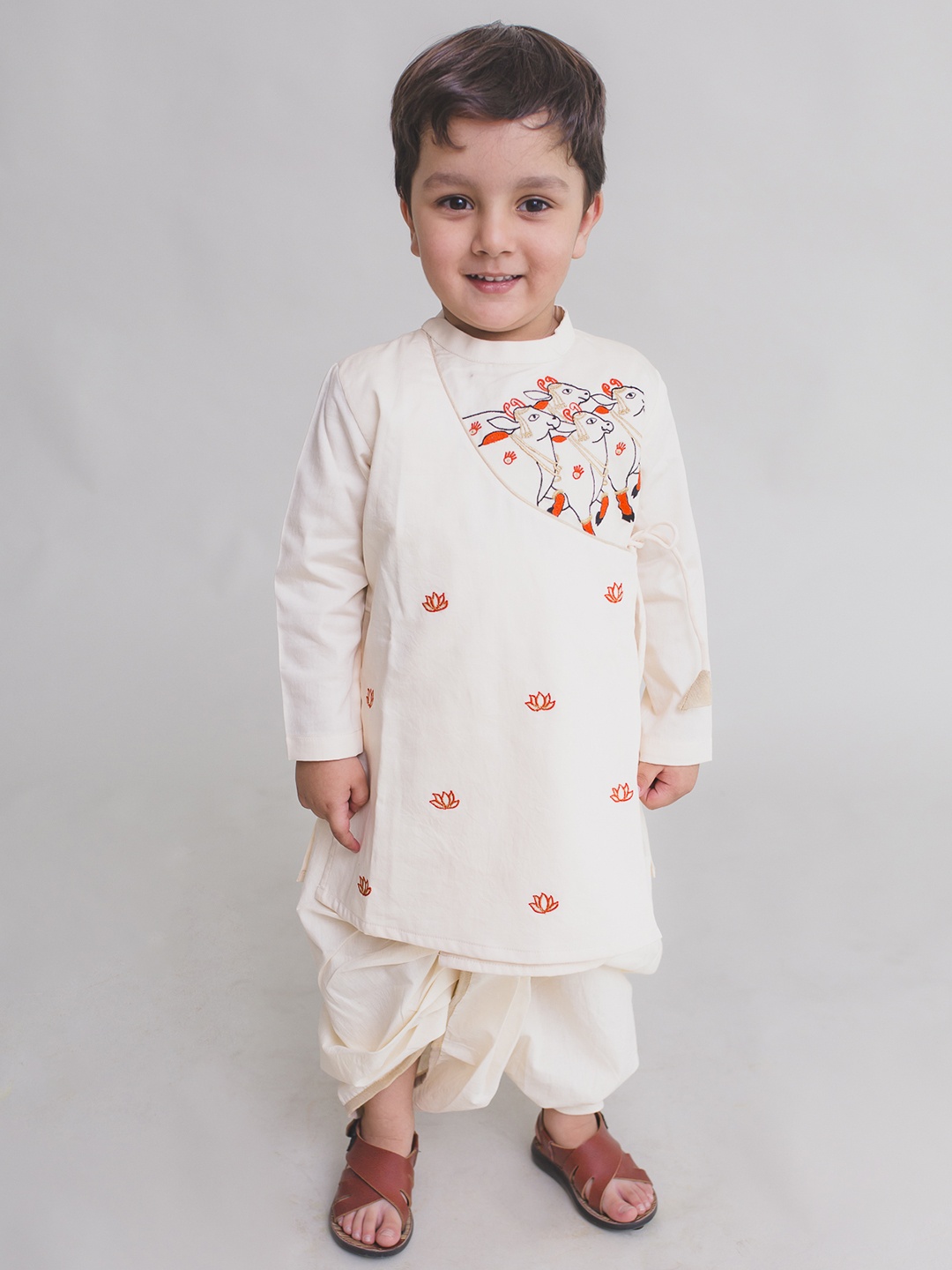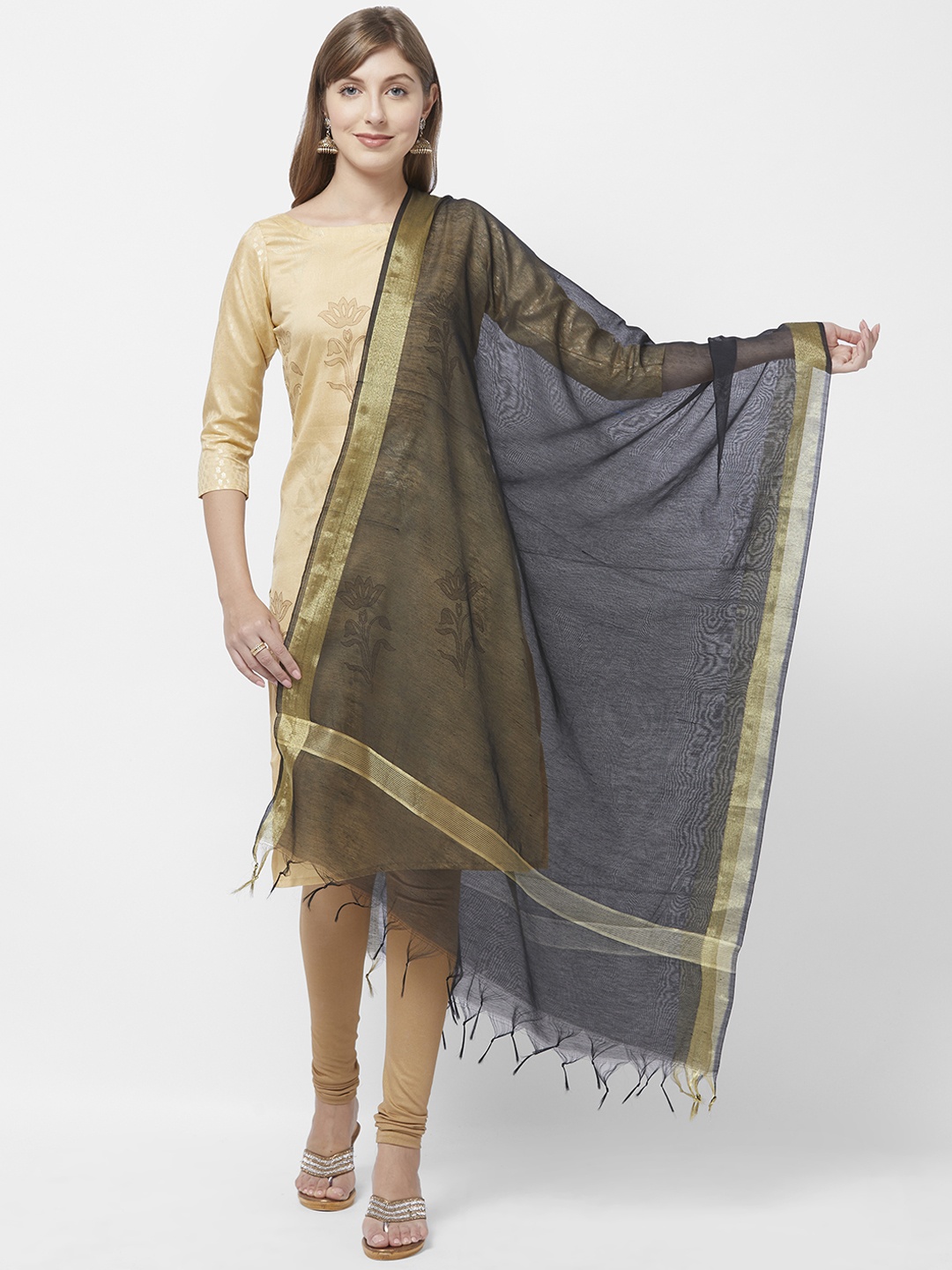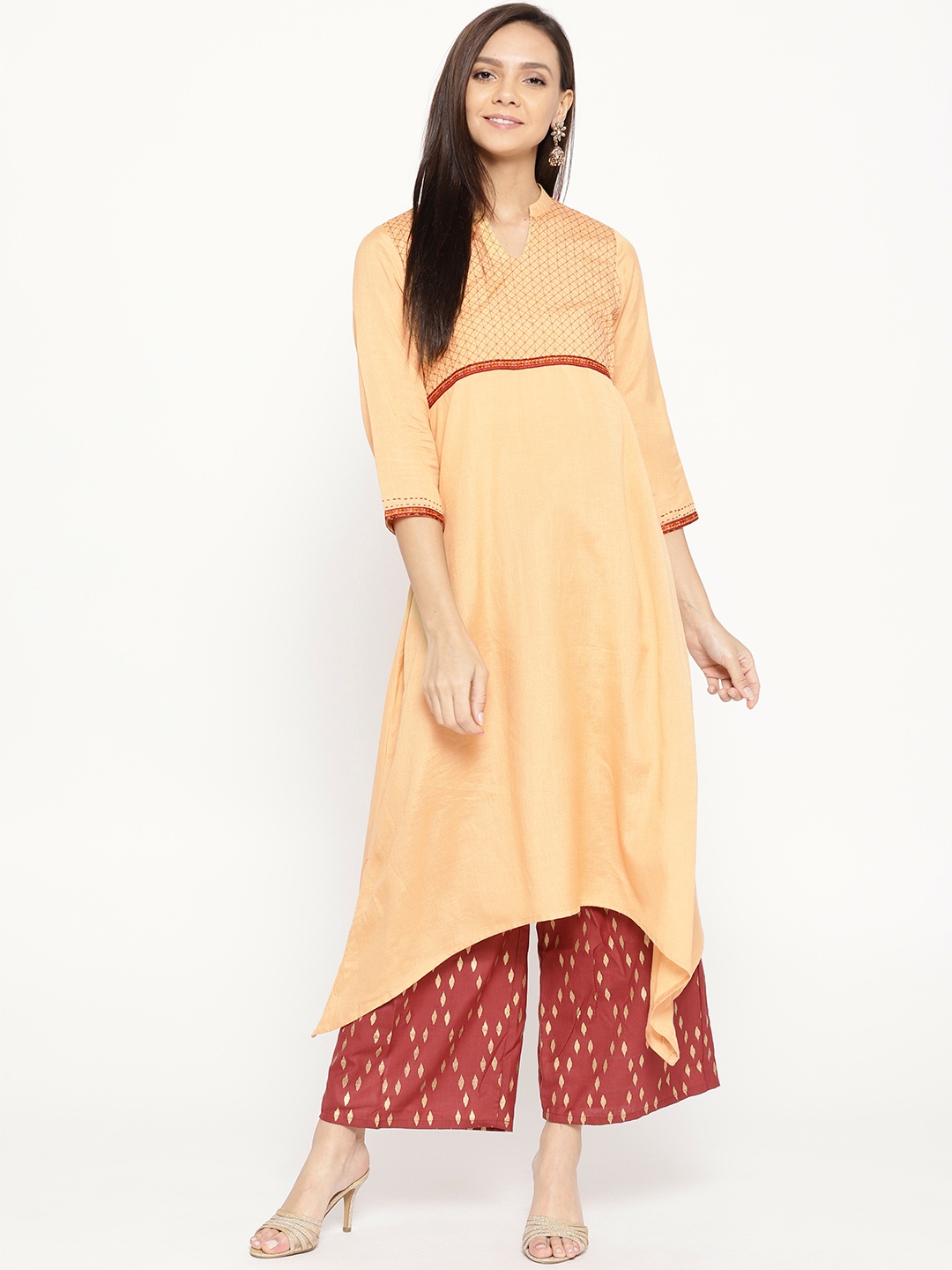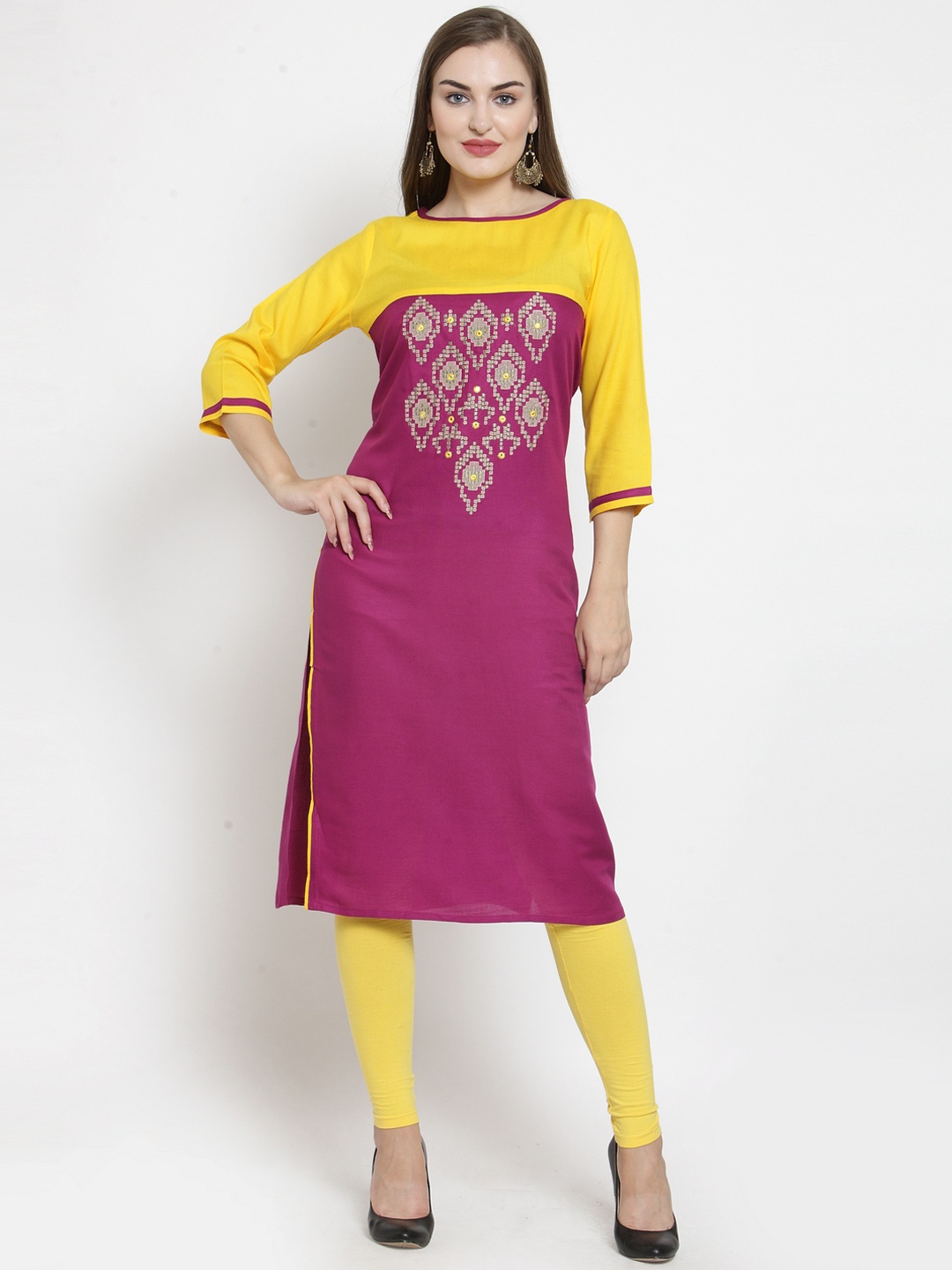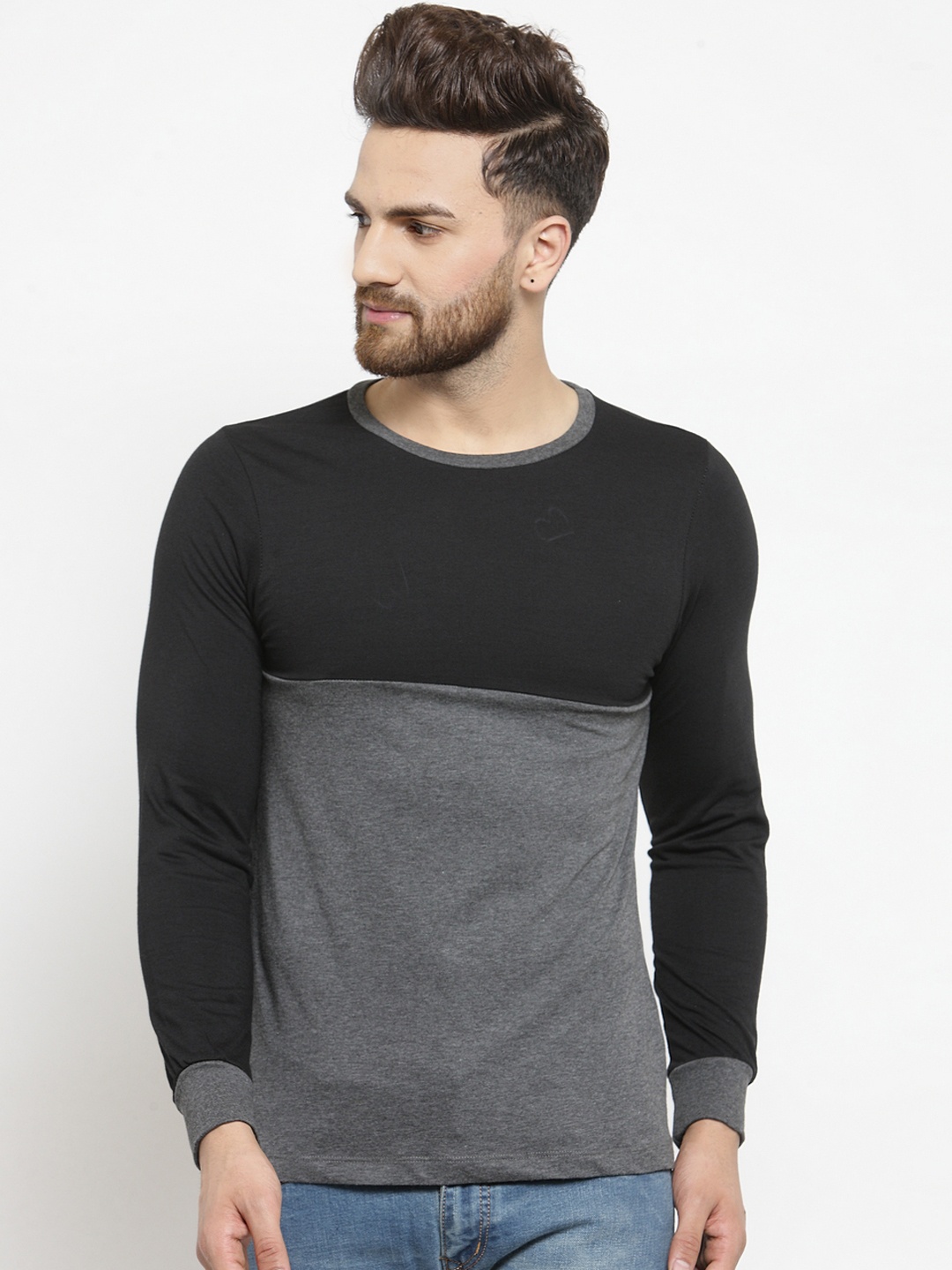How To Maintain Your Formal Shoes To Extend Their Life Without Spending Much
A pair of formal shoes is more than just footwear, it is an investment in confidence, first impressions and style. Here is how to maintain your formal shoes to extend their life - just clean them regularly, rotate them, and use a shoe tree.

How To Maintain Your Formal Shoes At Home: Affordable Hacks For Long Life.
Formal shoes have a way of silently speaking for their owner. A well-kept pair makes its presence felt in boardrooms, weddings, interviews and even casual outings where the trousers may not be ironed but the shoes must shine. Unfortunately, leather and faux-leather shoes can age quickly if ignored; cracks, dullness, and worn-out soles creep in before one realises.
While there's always the temptation to hand them over to the cobbler every few months or buy new pairs frequently, a more thoughtful approach works better. Looking after formal shoes doesn't require expensive kits or imported polish. Instead, it's about consistency, a bit of patience, and practical hacks that keep them looking smart for years. Think of it as giving shoes the respect they deserve, without spending more than a few hundred rupees here and there.
Here is how to maintain your formal shoes to extend their life and that too on a budget - simple yet effective ways to keep them in top shape.

With the right habits and everyday household tricks, it is possible to extend the life of your shoes while saving money; Photo Credit: Unsplash
Simple Habits That Keep Your Shoes Looking Sharp For Years
1. Clean Them Regularly, Not Occasionally
Dust is like a silent enemy to shoes. It settles daily, especially if travelling on buses, bikes, or crowded lanes. Ignoring it allows grime to build up, leaving the leather rough and dull. The trick is regular cleaning, nothing fancy, just a soft brush or a damp cloth at the end of the day. A two-minute wipe-down prevents the kind of dirt that slowly eats into the shoe's finish.
Think of it like washing one's face before bed; it's not glamorous, but it keeps the skin healthy. The same logic applies to shoes. A small shoe brush costs around ₹150 and lasts for years. Once it becomes a habit, there's no question of the shoes looking tired after just a month of use.
2. Polish Is Protection, Not Just Shine
Many see polishing as something done only before a special occasion. But polish is like moisturiser for leather, it feeds and protects it from cracking. Skipping it is like letting the skin dry out in peak summer. A decent polish tin costs barely ₹80–₹120, and one tin easily lasts months.
The trick is moderation. Too much polish makes the shoes sticky and attracts dust; too little leaves them thirsty. A light coat, applied with a soft cloth and buffed with a brush, is more than enough. Do this once a week, and the shoes will not only shine but also age gracefully, just like an old cricket bat seasoned with care.
3. Rotate Your Pairs
Wearing the same pair every day is a shortcut to ruining them. Shoes need rest, just as feet do. Leather, especially, absorbs moisture from sweat and the environment. Without a break, it loses shape and develops a sour smell.
Having two or three pairs of formal shoes might sound like a luxury, but it's more of an investment. Even if each pair costs ₹2,000, rotating them extends their life far beyond what a single pair could endure with daily use. Consider it the footwear equivalent of giving the washing machine a breather between loads. A little rotation means longevity, and in the long run, savings.
4. Invest in Shoe Trees or Simple Newspaper Stuffing
Professional shoe trees look elegant, but they cost upwards of ₹1,000. A simple alternative? Old newspapers. Stuff them into shoes after a long day, and they'll soak up the sweat and help the shoe hold its shape.
Shoes left collapsed overnight often develop creases, and those creases are permanent. By keeping the structure intact, newspaper stuffing does half the job of expensive cedar shoe trees, without spending extra. Plus, there's the satisfaction of recycling yesterday's newspaper rather than letting it pile up in the storeroom.
5. Avoid Water Like It's the Enemy
Water is leather's worst nightmare. A sudden downpour, walking through puddles, or even leaving wet shoes to dry in the sun can shorten their life. The key is prevention. Always carry a small umbrella in the monsoon, or even those foldable raincoat covers for shoes (₹200–₹300).
If shoes do get wet, avoid the common mistake of putting them directly under the fan or in harsh sunlight. This cracks the leather. Instead, wipe off the excess moisture, stuff with newspaper, and let them dry naturally in a cool corner. It takes longer, but the shoe survives without looking like it's aged a decade in one night.
6. Watch the Soles Before They Give Up
The upper part of a shoe often looks fine, but the sole tells another story. Worn-out soles can be slippery, dangerous, and ruin the shoe's balance. Checking them every month is vital. Small repairs, like getting the sole tapped or reinforced, cost only ₹200–₹300 at a local cobbler.
Wait too long, and the repair may cost almost as much as a new pair. A quick visit to the cobbler now and then is not a sign of stinginess; it's smart maintenance. After all, even cars go for servicing before they break down; why shouldn't shoes get the same treatment?
Also Read: 5 Best Sports Shoes Under ₹1,000 That Outperform Premium Brands
7. Store Them Right, Not Anywhere
Tossing shoes under the bed or stacking them in a corner is a silent invitation to damage. Proper storage makes a world of difference. A cloth shoe bag (often free with good brands) prevents dust from settling. Even a simple cotton pillowcase works better than nothing.
Plastic bags, on the other hand, suffocate the leather. In humid weather, they encourage fungus, which can leave shoes smelling worse than an abandoned gym bag. A breathable cloth bag or a simple open rack in a cool corner is enough. Treat storage as the final step of maintenance, not an afterthought.
8. Laces, Insoles And Small Details Matter
Shoes don't just age because of the leather; the smaller parts play their role. Worn-out laces make even polished shoes look shabby. Replacing them costs barely ₹30–₹50. Similarly, insoles absorb sweat but flatten over time, leading to discomfort and odour. A fresh pair of insoles costs ₹200–₹300 and instantly makes shoes feel new.
It's like sprucing up a living room by changing curtains instead of repainting the whole house. Paying attention to these details gives the shoes a fresh lease of life without spending much. Plus, it feels surprisingly satisfying to walk in shoes that look, smell, and feel renewed.
9. Use Household Hacks for Quick Care
Not every shoe issue needs a branded product. A little petroleum jelly works wonders for softening leather. Banana peel, with its natural oils, can add a quick shine when polish isn't at hand. Even a dab of vinegar mixed with water helps clean salt stains left after sweaty days.
These homegrown hacks may sound quirky, but they're effective. They're also wallet-friendly, especially for students or those starting out in jobs where every rupee counts. A quick rub here and there, and shoes are ready to face the day without anyone knowing they were given a ‘kitchen treatment'.

How To Care For Your Formal Shoes At Home: Affordable Hacks For Long Life; Photo Credit: Unsplash
10. Respect the Shoes, They'll Respect You
At the heart of shoe care lies respect. Shoes carry through crowded trains, long office shifts, weddings that stretch till midnight, and endless traffic jams. They deserve more than careless neglect. A little time each week, cleaning, polishing, storing, and checking, is a small investment for what they give in return.
More importantly, caring for shoes instils a sense of discipline and pride. Walking into a room with polished, well-kept shoes often makes more impact than an expensive watch or tie. Shoes may not speak, but they certainly announce one's attention to detail. And that impression, in personal and professional life, is priceless.
Products Related To This Article
1. Prodock Synthetic Leather |Lightweight|Comfort|Trendy|Fomals|Outdoor|Daily Use For Men Lace Up For Men
2. HERE&NOW Men tan leatherette wrinkle free shiny glossy formal office wear slip on Slip On For Men
3. LIBERTY Fortune HOL-125E Formal Shoes With PU Sole | Lightweight & Comfortable Lacing Brogues For Men
4. Restroad Brown formal shoe for Mens Lace Up For Men
5. Bata Formal Shoes Slip On For Men
Formal shoes are more than accessories; they are companions on life's busiest journeys. While it may seem easier to keep buying new pairs, it's the care in between that saves money and builds a lasting bond with footwear. From daily cleaning and polishing to simple newspaper stuffing and smart rotation, these habits demand little effort and even less money.
So, the next time shoes are slipped off after a long day, take a moment to dust them, tuck in some newspaper, or check the laces. Small acts of care stretch their life, keep the wallet happy, and ensure that every step taken looks as confident as it feels. After all, well-maintained shoes don't just walk, they carry pride, personality, and presence with every stride. Shop now on Flipkart









